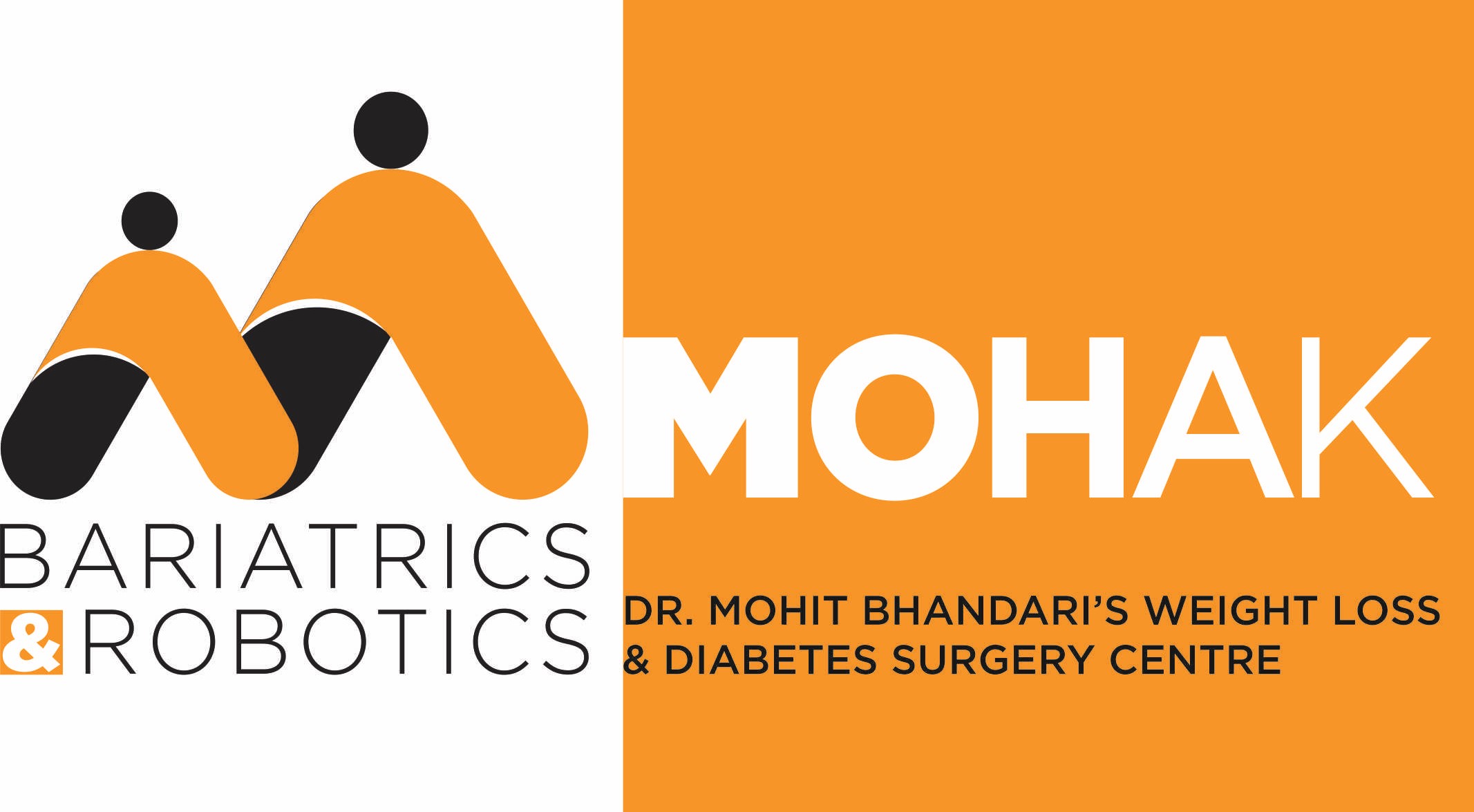Obesity is fundamental to elevating mortality and morbidity rate associated with cardiovascular diseases (CVD). A person’s body mass index (BMI) is directly proportional to their risk of CVD and high blood pressure. Which can further lead to:
- A stroke
- Myocardial infarction or heart attack
- Arterial aneurism (weakening of an artery that might lead to a rupture and heavy internal bleeding in severe cases)
- Heart failure or sudden cardiac death
It is essential to understand why obese people run at a daunting risk of such cardiovascular diseases:
- We all know that obesity alters cholesterol levels in the body; it increases cholesterol and triglyceride levels. But what we are commonly unaware of is that- obesity can reduce the amount of good cholesterol in the body. High-density lipoproteins (HDL) are the good cholesterol your body needs to reduce the bad, useless cholesterol, lowering the risk of heart diseases.
- Obese people are at a higher risk of high blood pressure issues resulting in a cardiac arrest. They require more blood to supply nutrients and oxygen to the body. Also, they need more pressure to move this blood around, collectively leading to high blood pressure.
- While obesity can directly cause CVD can indirectly lead to heart dysfunction by causing other health problems such as diabetes. As per the American Heart Association, people with diabetes are 2 to 4 times more prone to heart-related risks. And it lists diabetes as one of the seven major controllable factors in reducing heart risks.
To reduce such risks, remove the cause. Bariatric surgery is the best way to shed excess weight. It reduces the stomach’s capacity to hold food. Either by malabsorption or by a combination of gastric restriction and malabsorption. It can decrease mortality due to CAD by 56% and overall mortality by 40%.
Thus, once you opt for surgery, you’ll not only combat obesity but also risk factors of heart-related diseases and diabetes. Know your BMI and talk to an expert at- 6232012342.
